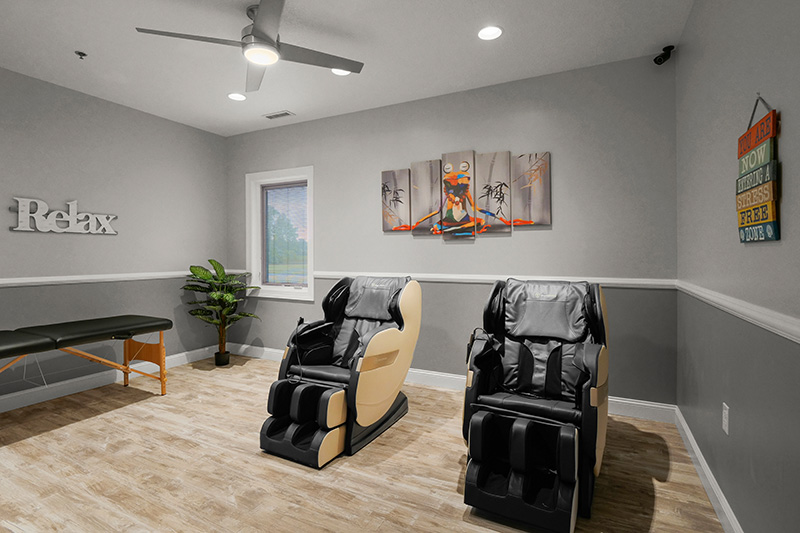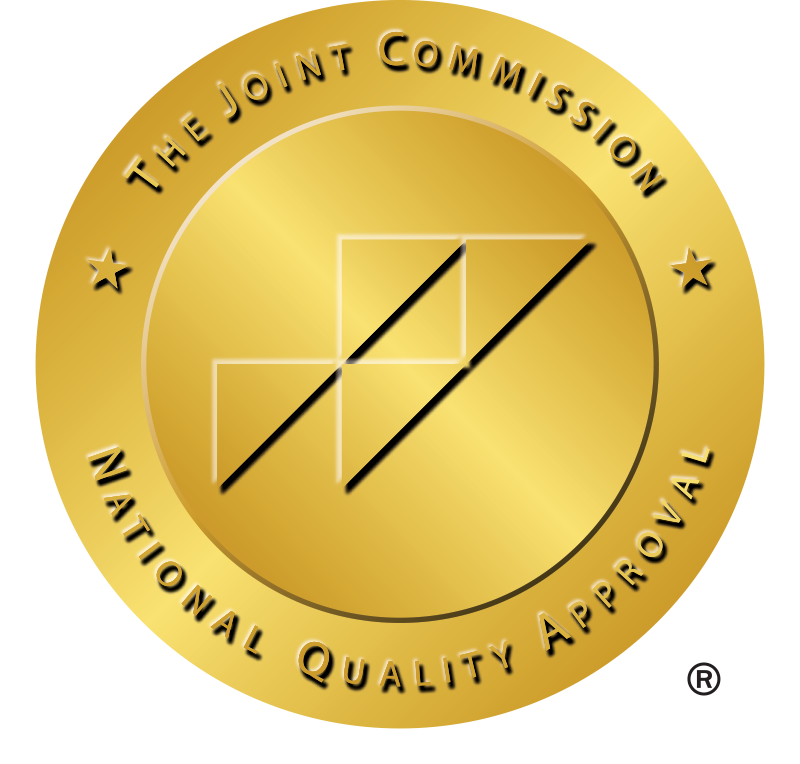Get Treatment for Your Attachment Disorder in Fort Wayne, IN
Get Treatment for Your Attachment Disorder in Fort Wayne, IN
At Allendale Treatment, we treat Mental Health from a trauma perspective.
An attachment disorder begins to develop in someone’s childhood, usually stemming from being unable to have a consistent emotional connection with a parent, guardian, or caregiver.
Although there is no formal attachment disorder diagnosis for adults, attachment issues that developed when they were a child can progress into adulthood.
Attachment disorders are labeled as a type of behavioral or mood disorder, and they can affect someone’s ability to form and maintain relationships.
833-338-6946
Call 24/7/365 to Speak With an Admissions Counselor
Where to Find Us:
5419 Co Rd 427
Auburn, IN 46706
310 E Dupont Rd Suite #2
Fort Wayne, IN 46825
Types of Attachment Disoders
Reactive Attachment Disorder (RAD)
This kind of attachment disorder is caused by early childhood neglect or maltreatment. As a child, a patient may have had few interactions with others, shown little to no emotion in regular social situations, and had difficulty calming down when they became stressed out or seemed unhappy, sad, or scared while doing regular activities with their caregiver.
These behaviors can continue into adulthood, resulting in symptoms like:
- Struggling to read emotions
- Resisting affection
- Struggling to show affection
- Having low levels of trust in others
- Struggling to maintain relationships
- Having a negative self-image or low self-esteem
- Detachment
- Anger issues
- Impulsivity

How Untreated Attachment Disorders Can Trigger Other Behavioral Health Issues
Attachment disorders in adults have had far more time to manifest themselves than they have in a child that experiences attachment disorders. This can often lead to them developing into other types of disorders including:
Alexithymia
This is a personality trait where someone lacks emotional awareness. With this trait, a patient can find it hard to express, identify, and in extreme cases, experience different emotions. Because of these deficits, they may come across as distant or cold, furthering their difficulty in developing or maintaining relationships. One of the key factors for developing alexithymia is believed to be insecure attachments.
Depression & Anxiety
People that suffer from attachment disorders tend to internalize emotions, and this can lead to other mental disorders. A meta-analysis reported that unresolved and preoccupied attachment had a large association with varying levels of depression. Another study reported that insecure attachments or attachment anxiety led to emotional turmoil and heightened symptoms of anxiety.
Eating Disorders
People with attachment disorders may have self-identity and self-blame issues that stem from attachment issues that occurred in their childhood. Because of this, there is a strong connection between eating disorders like bulimia, anorexia, and binge eating with insecure attachments.
Addiction
Patients that have attachment disorders are at a higher risk of developing addictive habits. Addiction may be one of the self-isolating responses for someone that had an irregular attachment to a caregiver during their childhood.











